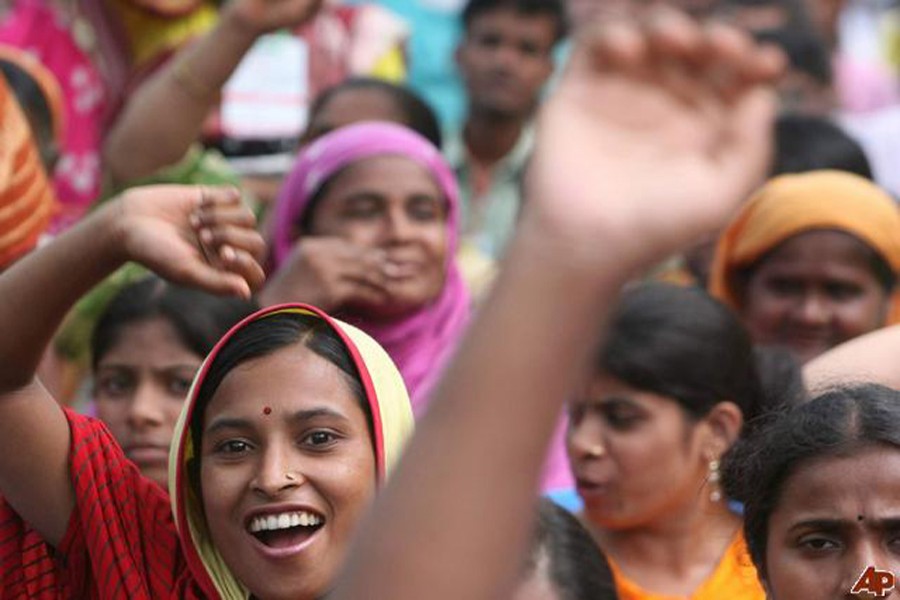
Published :
Updated :

Bangladesh, one of the developing countries, continues to make significant efforts to improve governance. Despite successes in many important areas, institutionalisation of democratic governance has not progressed that much in the country. It is apparent that Bangladesh has made impressive advancements in meeting the basic human needs for its population since its stressful independence struggle in 1971. While poverty remains its biggest challenge, its most valuable asset is its people. Its community of non-governmental organisations (NGOs) has emerged one of the most vibrant and creative in the world. Their experiences have provided models for poverty alleviation in numerous countries including those in the western world. In the wake of the increasing effectiveness of these civil society organisations, they along with the local communities exert a growing influence on public policies on a variety of issues.
The government is beginning to overcome the colonial legacy of a highly-centralised and pervasive bureaucracy. Despite reported rights abuses on many occasions, hopes are still high for a turnaround as the human rights community is getting more involved in raising awareness. Women were traditionally lagging behind in Bangladesh. These days their empowerment has started gathering the much-needed momentum under the auspices of the incumbent government. Women holding top positions at different levels speak a volume about their growing participation in decision making in the society. Violence against women has been minimised and trafficking in women and children for the purpose of prostitution is being encountered more vigorously. The government is working on implementing the Convention on Rights of Children and is investing heavily in education, especially for girls. It has also embarked on a national action plan based on the Platform for Action.
There is no denying the fact that an effective, transparent and accountable civil administration is one of the basic requirements for establishing functional institutions and ensuring necessary development services. Public administration reform is crucial to developing this kind of civil service upholding the core values of democratic governance. Moreover, an appropriate and decentralised local governance system is also important for providing proper social services at the local level. Increasingly, important is the state's capacity to encourage creative service delivery methods that involve the private sector and civil society organisations. Needless to say that identifying appropriate interventions to support and build state capacity in Bangladesh requires an assessment of their current realities, as well as an understanding of the overall context within which these realities evolved. Historically, Bangladesh emerged a sovereign nation by overcoming the colonial rule and establishing itself as a modern state.
In developing countries like Bangladesh, civil society organisations have a role in continually reviewing standards to ensure that they are culturally contextualised and agreed upon. Such organisations must also help build civic understanding of the importance of governmental adherence to standards and be willing to participate in government performance audits. United Nations has a major role to play in the developing countries like Bangladesh to encourage governments to translate the global adherence to democratic governance into action. All men and women should have their say in decision-making, either directly or through legitimate intermediate institutions that represent their interests. Such broad participation is built on freedom of association and speech, as well as capabilities to participate constructively. Moreover, leaders and the public have a broad and long-term perspective in good governance and human development, along with a sense of what is needed for such development. There is also an understanding of the historical, cultural and social complexities in which that perspective is grounded.
The writer is Professor in Government and Politics and acting Dean, Faculty of Law, Jahangirnagar University, Savar, Dhaka.
Email: bashirju@gmail.com


 For all latest news, follow The Financial Express Google News channel.
For all latest news, follow The Financial Express Google News channel.